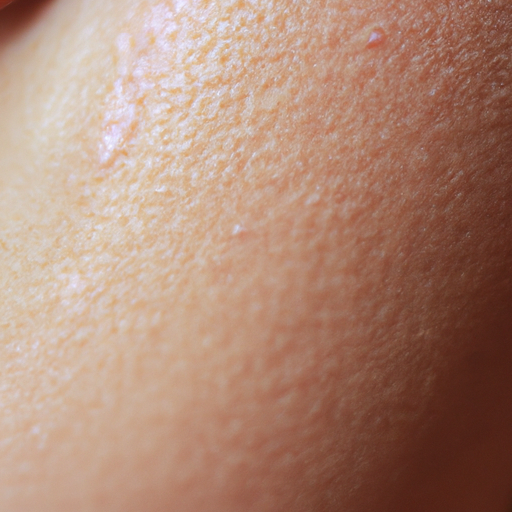As a dermatologist, I encounter patients every day who are struggling with oily skin. This common skin type can lead to a host of issues, including acne, enlarged pores, and an unwanted shine that can be difficult to manage. However, with the right skincare routine and lifestyle changes, it is possible to control oily skin and achieve a healthy, balanced complexion. Here are seven essential tips to combat oily skin.
1. Cleanse Regularly: The first step in controlling oily skin is regular cleansing. Use a gentle, oil-free cleanser twice a day to remove excess oil and impurities without stripping your skin of its natural moisture. Avoid harsh soaps or products with alcohol, as they can over-dry your skin and trigger more oil production.
2. Exfoliate: Exfoliating once or twice a week can help remove dead skin cells that can clog pores and cause oil to build up. Choose a gentle exfoliant that won’t irritate your skin. Remember, over-exfoliation can lead to dryness and irritation, which can stimulate more oil production.
3. Use Oil-Free Moisturizers: It may seem counterintuitive to moisturize oily skin, but even oily skin needs hydration. Dehydrated skin can produce more oil to compensate for the lack of moisture. Opt for oil-free, non-comedogenic moisturizers that won’t clog your pores.
4. Incorporate a Toner: A good toner can help balance your skin’s pH levels and remove any residual oil or makeup after cleansing. Look for alcohol-free toners with ingredients like witch hazel or salicylic acid that can help control oil production.
5. Eat a Balanced Diet: What you put into your body can affect your skin. Diets high in processed foods, sugars, and unhealthy fats can stimulate oil production. Incorporate more fruits, vegetables, lean proteins, and healthy fats into your diet for healthier skin.
6. Stay Hydrated: Drinking plenty of water can help maintain your skin’s moisture balance and prevent overproduction of oil. Aim for at least eight glasses of water a day to keep your skin hydrated and healthy.
7. Seek Professional Help: If you’re struggling to control your oily skin despite your best efforts, it may be time to seek professional help. A dermatologist can assess your skin type, identify any underlying issues, and recommend a personalized skincare routine.
Oily skin can be a challenge to manage, but with the right care and attention, you can achieve a balanced, healthy complexion. Remember, everyone’s skin is unique, and what works for one person may not work for another. It’s important to listen to your skin and adjust your routine as needed.
In conclusion, combating oily skin is not just about the right skincare products; it also involves a holistic approach that includes a balanced diet, adequate hydration, and professional advice when needed. With these seven tips, you can banish the shine and embrace a healthier, more radiant complexion.



